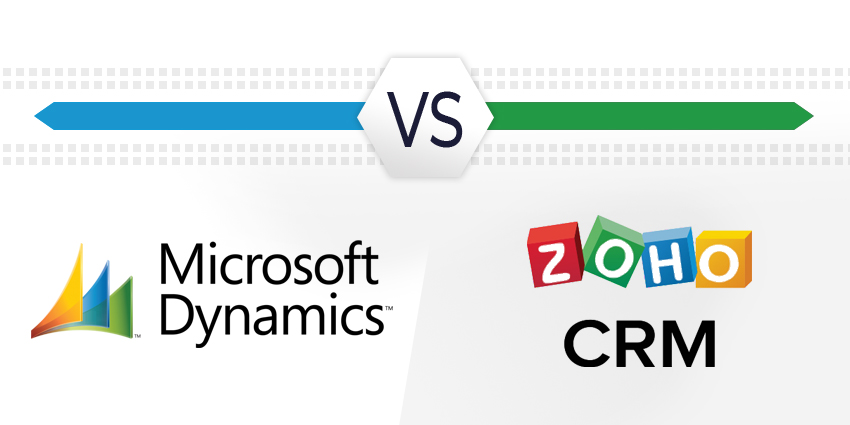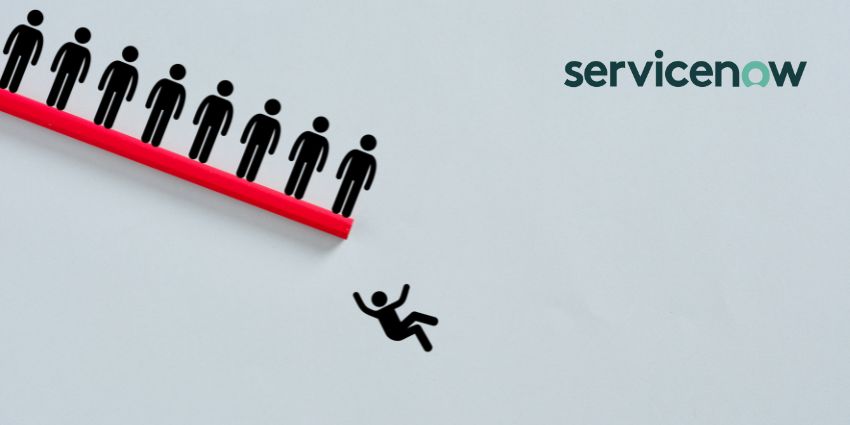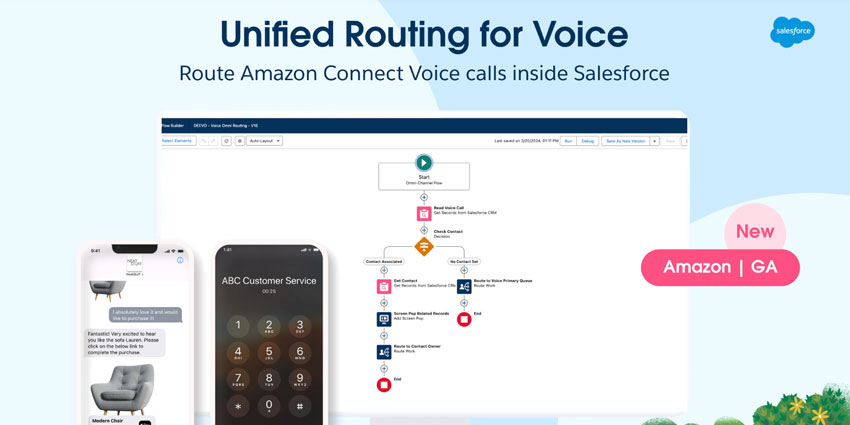CRM technology is one of the most important tools any business needs today. Responsible for helping companies to keep track of important information, like sales opportunities and lead scores, CRMs are essential to good CX (Customer Experience). The biggest challenge for today’s companies is trying to figure out which CRM they need to use.
Many of today’s leading CRM solutions are flexible, scalable software options, built to work with the contact centre products teams use every day. Today, we’re going to be looking at the features and benefits of two of the market-leading CRM options available.
Microsoft Dynamics is a comprehensive CRM solution offering everything from financial tracking to field service management. Zoho CRM is a flexible and easy-to-use ecosystem with support for automation and workflow optimisation. Let’s take a closer look.
Microsoft Dynamics 365 CRM: Features
Microsoft stands as one of the most popular CRM solutions in the world today, competing with market leaders like Salesforce. The comprehensive software covers a number of important segments, including operations and field service management, project service automation, and commerce tracking for online and offline retail.
Microsoft Dynamics CRM breaks down into various categories, so companies can choose the services they need most. Some of the features available in the unified CRM software include:
Microsoft Dynamics Sales:
- Reporting and analytics
- Knowledgebase access for self-service
- Customer service tracking and management
- Team collaboration tools
- Quote and order management
- Contract management and e-signing
- Funnel and opportunity tracking
- Task assignment and management
- Partner relationship management
Microsoft Dynamics for Service:
- Self-service support with virtual agents
- Productivity tools for agent support
- Proactive IoT data connectivity
- Incident routing and service tracking
- Cross-channel customer data management
- AI-based routing features
Microsoft Dynamics for Field Service:
- Analytics with AI insights into trends
- Intelligent service schedule
- Actionable insights into remote expert performance
- Reporting and analytics on fix rates
- Field service integrations
- Collaboration and communication tools
Microsoft Dynamics for Marketing:
- Customer journey mapping
- Event-based and segment-focused marketing
- Cross-channel communications
- Landing pages and forms
- Email marketing
- Social media management
- Webinars
- Real-time engagement
Microsoft Dynamics Project Service Automation:
Project service operations from Microsoft Dynamics connects sales, project management, reporting, resourcing, and finance teams within a single application to help improve the speed of project delivery and maximise profitability.
Zoho CRM: Features
Like Microsoft Dynamics, Zoho CRM is an extensive software solution featuring everything companies need to increase leads, improve sales, and measure performance. Essential features range from artificial intelligence and business insights to remote work orchestration and automation. The ever-evolving portfolio of tools includes:
- Salesforce automation: With lead management, deal management, contact management and workflow automation feature to keep teams running smoothly
- Canvas: Drag-and-drop landing page and website builder
- Process management: Sales process builder (drag and drop) processing rules, review processes, and journey orchestration
- Omni-channel communications: Track customer journeys across email, telephony, social media, and customer self-service portals
- Reporting: Insights, analytics, and forecasts, with a customisable dashboard, real-time reporting, and trend predictions
- Sales enablement: Partner portals, calendar synchronization, integrations with Office 365 and G-Suite, and quote/invoice generation
- Performance management: Accurate forecasting, territory management, and gamification to help exceed sales quotas
- Predictive intelligence: lead and deal prediction with Zoho Zia artificial intelligence. Zia voice analytics, and macro suggestions on how to run the business more effectively
- Customisation: Customisable dashboards with bespoke components, layouts, filters and views. There’s also multi-language support
- Marketing automation: Customer segmentation with lead nurturing tools, Google Ads integration, and event management
- Collaboration: Conduct sales and presentations, collaborate with your team via group or one-one conferences, and access in-depth analytics on the move
- Security: Profiles, roles, and teams control, data compliance and security, rules, and support for HIPPA and GDPR
- Developer platform: REST APIs, widget SDKs, and various customisable functions
Zoho’s range of CRM features all blend naturally together to provide a comprehensive set of tools for the modern workforce. Because everything is beautifully aligned in an easy-to-use interface, it’s also simple to get your team up and running.
Zoho CRM vs Microsoft Dynamics: Which is Best?
Zoho CRM and Microsoft Dynamics take different approaches to customer relationship management. However, both of these tools have a lot of overlap in the functionality they provide. With both Zoho and Microsoft, you’ll be able to track all of the touchpoints in the customer journey and find ways of improving client satisfaction with carefully-structured workflows.
Both Microsoft and Zoho CRM allow you to securely capture data about your target audience and empower your agents with useful tools for enhanced performance. These two tools are also highly flexible, with a range of integrations and customisations to offer.
Microsoft Dynamics is similar to Salesforce and other competing CRMs, in its decision to split functionality into a series of different segments. Although the CRM features work together, there are different environments intended for different things, like field service management or marketing.
Zoho CRM is a much more all-in-one experience, where everything is aligned in the same pane of glass. The solution doesn’t have the same field service solutions, but it does support remote business performance and makes it easy to track conversations across a range of different channels. Both of these tools are also highly scalable.
Zoho CRM or Microsoft Dynamics? You Decide
Microsoft Dynamics is one of the most popular CRMs on the market for a reason. The service is easy to use and comprehensive, with lots of integrations and handy tools. If you’re already invested in Microsoft technology like Business Intelligence or Microsoft Teams, you’ll also appreciate the alignment between your tools when you have Microsoft Dynamics. You can even add this technology to your Microsoft Teams contact centre.
Zoho CRM, on the other hand, is likely to be a good choice for companies in search of an all-around solution or CX management. The technology is easy to use for beginners, and you can set teams up and running in no time – even when they’re working remotely.







